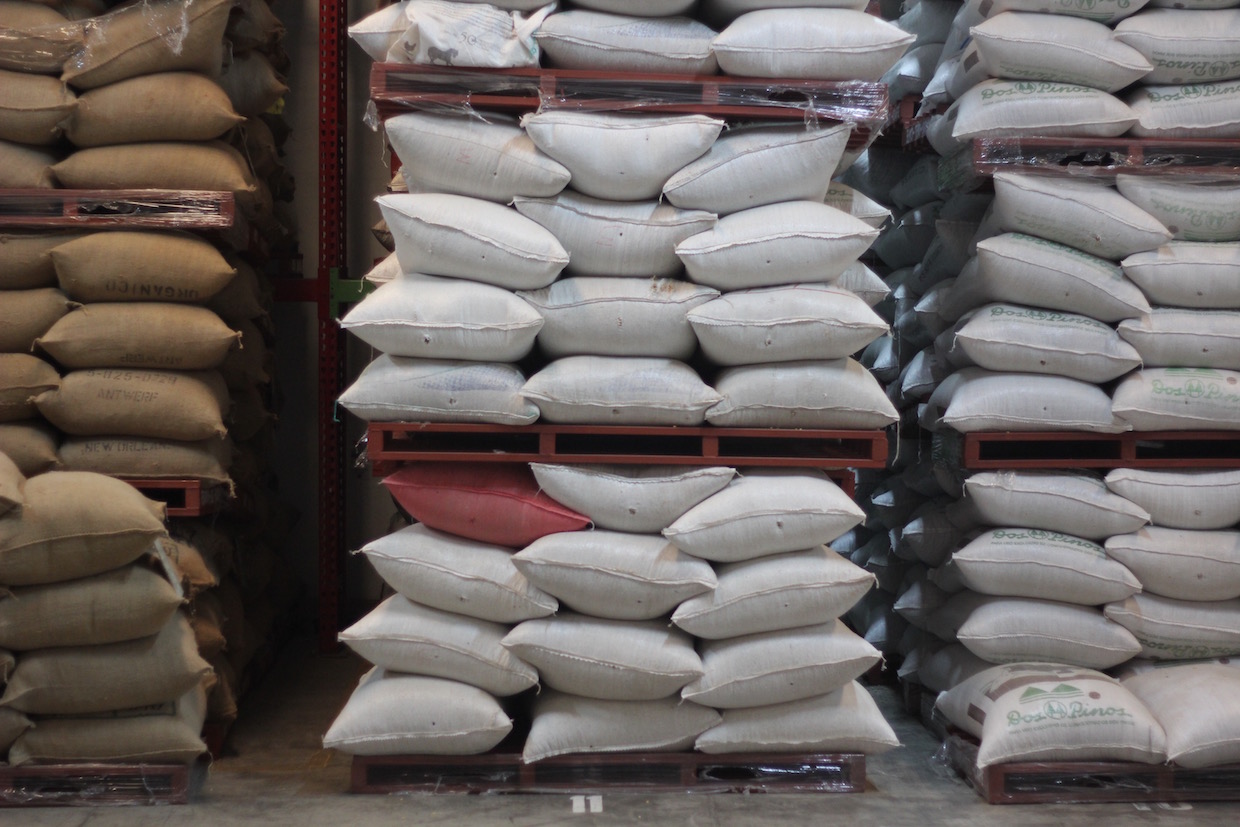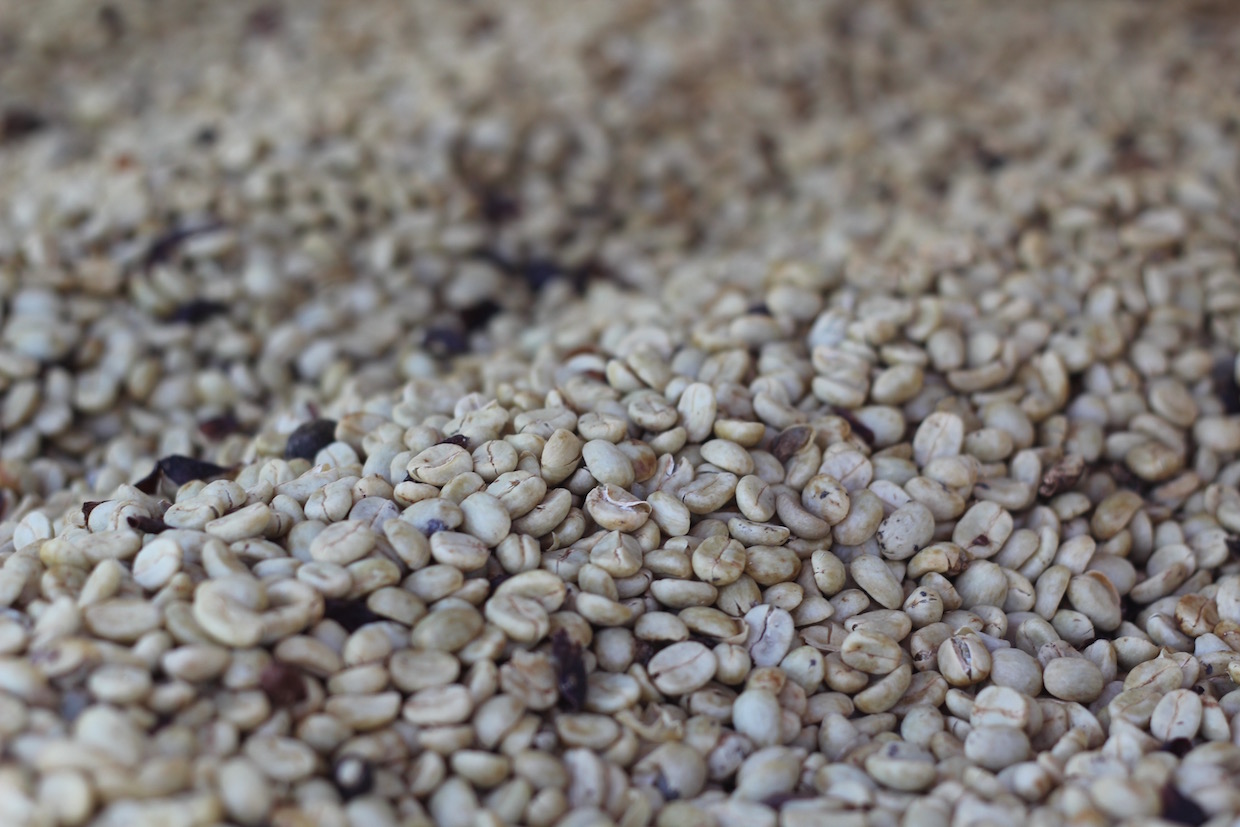The economic impact of COVID-19 in the leading coffee-consuming countries all over the world has been jarring and immediate, with widespread losses in the retail sector following stark changes in consumer behavior.
Though the immediate spread of the pandemic has been slowed by shelter-in-place orders or mandatory lockdowns virtually everywhere, all signs point to a global recession that would require an extended period of recovery.
Yesterday, the International Monetary Fund (IMF) predicted a “Global Lockdown” recession that would be far more devastating than any recession since the Great Depression of the 1930s. A base scenario put forth by the IMF, in which the virus is largely contained by the second half of this year, predicts a global domestic product decline by 3% in 2020, which would be followed by a 5.8% recovery in 2021. By comparison, the 2008/9 recession saw a global GDP decrease of 0.1%, according to the IMF.
So what might this “Great Lockdown” mean for global coffee demand?
The most pertinent information currently comes from the International Coffee Organization, which last week released the first in a series of “Coffee Break” papers on COVID-19’s effects on the global coffee sector.
While the organization recognized the immediate decline in retail sales combined with an uptick in direct-to-consumer home coffee demand, the group said “a more profound effect on global coffee demand can be expected as the result of a global recession triggered by the direct and indirect effects of the COVID-19 pandemic.”
“Reduced household incomes could translate into lower demand for coffee in volume terms,” the ICO continued. “In addition, price-sensitive consumers may substitute higher-value coffee by lower-value blends or brands.”
Applying regression analysis to its wealth of data in the 20 leading coffee-consuming countries, the group has attempted to associate global GDP movement with coffee consumption in terms of volume.
It found that a 1% drop in GDP growth globally would be associated with 0.95% lower growth in coffee consumption. Translated to volume, this would reduce global coffee demand by 1.6 million 60-kilo bags.
That number could be far greater if the IMF’s conservative projection of a 3% DGP decline comes to pass.
“The model predicts that a larger drop in GDP growth or a global recession would have a proportionally greater effect,” the ICO wrote. “As a result, coffee consumption levels could stagnate (or even decline) compared to pre-crisis years that were characterized by steadily increasing demand for coffee (at a rate of 2 to 3% per annum).”
The ICO noted that the COVID-19 pandemic represents an additional challenge to a coffee sector that had already been experiencing a period of historically low prices for producers, threatening the long-term global supply.
As of this writing, the base price for July 2020 futures contracts for arabica commodity coffee (or “C price”), was $1.293 USD, which is still historically low despite some recent anecdotal reports of potential supply issues.
The ICO says that upcoming issues in its “Coffee Break” series will explore the supply side of the coffee chain. Read the demand analysis here.
Nick Brown
Nick Brown is the editor of Daily Coffee News by Roast Magazine.








Comment